The Pope visits Trieste this Sunday on the occasion of Catholic Social Week
On Wednesday, July 3, the 50th Social Week of the Catholics of Italy began, in which the Pontiff will participate on Sunday, July 7. The initiatives will be developed in the name of promoting free and democratic participation to contribute to the common good of the country and the search for peace, with the participation of approximately 900 delegates from all over Italy
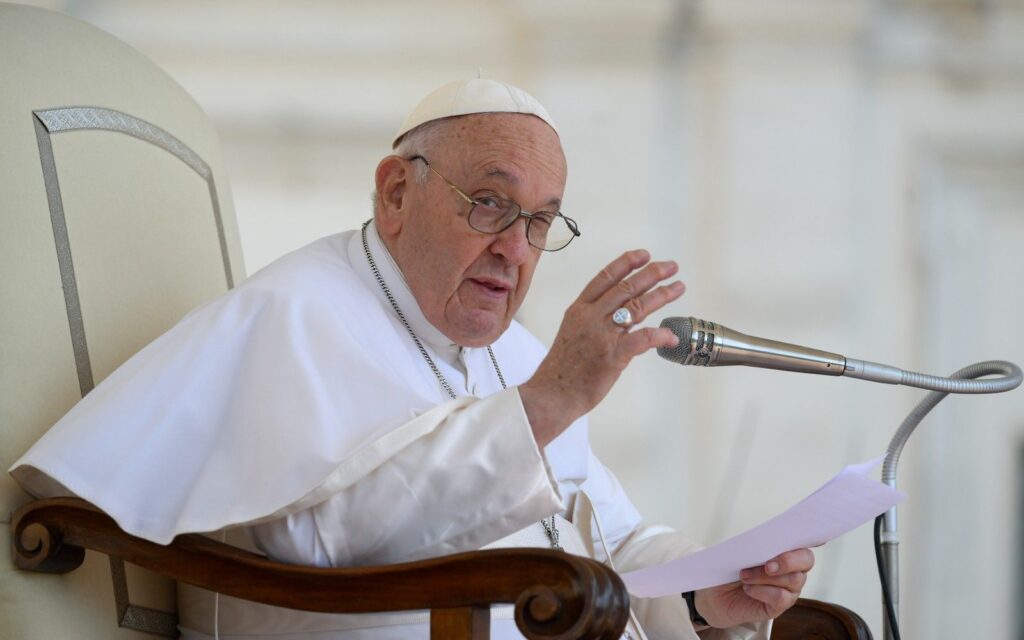
Build the polis to contribute to the common good. The 50th Social Week of Catholics in Italy opened this July 3 in Trieste with the theme “In the heart of democracy. Participation between history and future. At 5 p.m., in Piazza Unità d’Italia, the President of the Republic Sergio Mattarella gave the opening speech before 900 delegates from all the Churches of Italy, an expression of the dioceses, the ecclesial movements and the convened lay aggregations four days of meeting, discussion and proposals for compromise in the various civil and ecclesial communities to which they belong.
At the climax of the week, on Sunday, Pope Francis will arrive in the Julian capital to close the work of the Congress Center in the morning and then celebrate Holy Mass at 10:30 a.m., also in Piazza Unità d’Italia. This will be the Pontiff’s third pastoral visit to the country this year: the first to Venice, in April, and the second to Verona, in May.
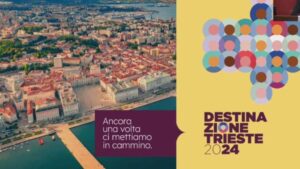 Between the synodal path and the spirit of Blessed Toniolo
Between the synodal path and the spirit of Blessed Toniolo
Trieste thus becomes a laboratory of participation, with numerous meetings for delegates and open-air public initiatives throughout the center: on the program are the Good Practice Villages with stands and information points, the Plazas of Democracy, tables rounds, and dialogues. There will be no shortage of moments of conviviality and musical and theatrical shows at the Verdi theater. A week that is inserted in the synodal path of the Church, returning to the original spirit of Blessed Giuseppe Toniolo, who was the first, more than a century ago, in Pistoia, in 1907, to devise this format that later grew and developed throughout over the decades until asking men of good will, who profess their faith in God, to contribute with their vision as believers and get involved in the good government of their country.
A preparatory document
A preparatory document helped dioceses reflect and identify ideas to implement to “engage between history and the future.” “The future of the country,” the document emphasizes, “requires people capable of getting involved and working together to regenerate living spaces, even the most marginal and tired, reinforcing the capacity to choose democratically and to experience power as a service.” This is a challenge that concerns all citizens: all voices in a community must be heard and supported, to develop thoughts and initiate paths of participation, to transform the present and release more beauty in the future.
Francis’ presence in Trieste
The capital of the Friuli Venezia Giulia region, in northeastern Italy, will receive 900 delegates from dioceses, associations and movements from all over the country. The President of Italy himself, Sergio Mattarella, will take part of the opening ceremony on Sunday, July 7. On the last day, it will be Pope Francis’ turn, July 7, to conclude the work and preside over the Eucharistic celebration.
The official program of the Pontiff provides for a visit of less than five hours. Upon his arrival in Trieste, around eight in the morning local time, the Pope will be received at the General Convention Center, where he will meet with the participants in the congress and give a speech. In the end, meetings are planned with 15 ecumenical representatives, 50 from the academic world and a large group of 150 immigrants and people with disabilities. The Holy Mass will be celebrated in Piazza Unità d’Italia, followed by the Marian prayer of the Angelus, which concludes Pope Francis’ agenda in the city of Trieste.
Related

His Hope Does Not Die!
Mario J. Paredes
24 April, 2025
6 min
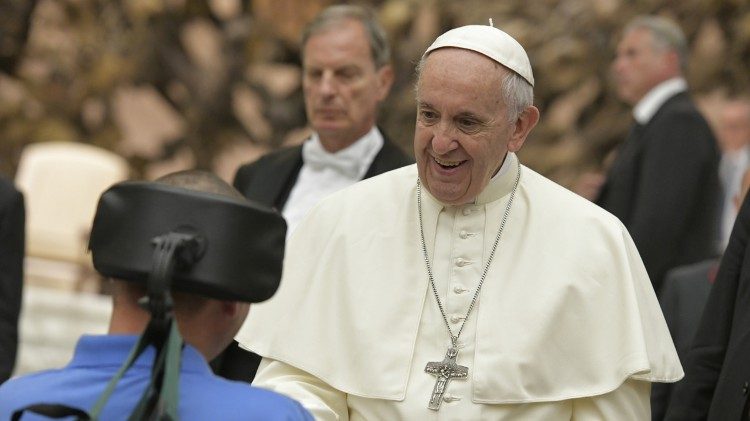
Francis. The Human and Religious Imprint of a Papacy
Isabel Orellana
24 April, 2025
5 min
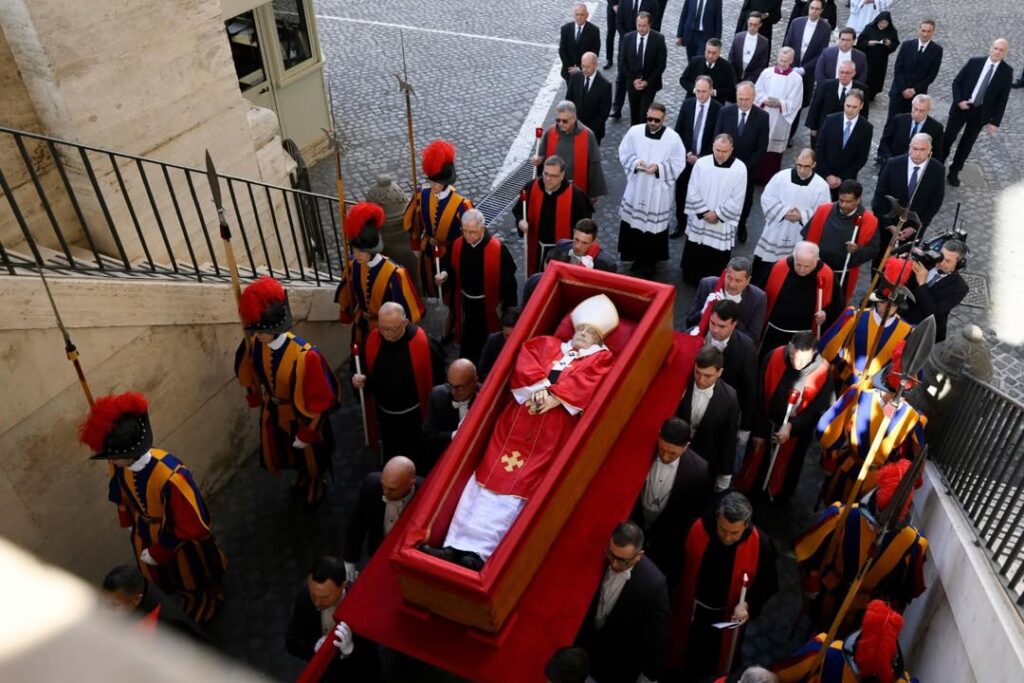
A Pope’s Last Journey: Francis’ Body Transferred to St. Peter’s
Exaudi Staff
24 April, 2025
3 min
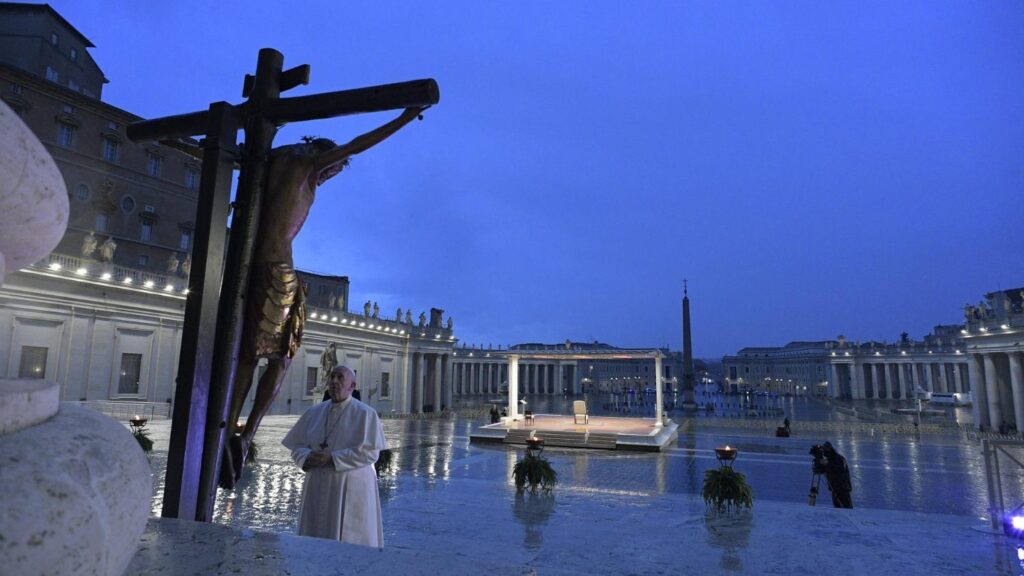
Cardinal Felipe Arizmendi: With the Risen Christ, There Is Hope
Felipe Arizmendi
24 April, 2025
6 min
 (EN)
(EN)
 (ES)
(ES)
 (IT)
(IT)

